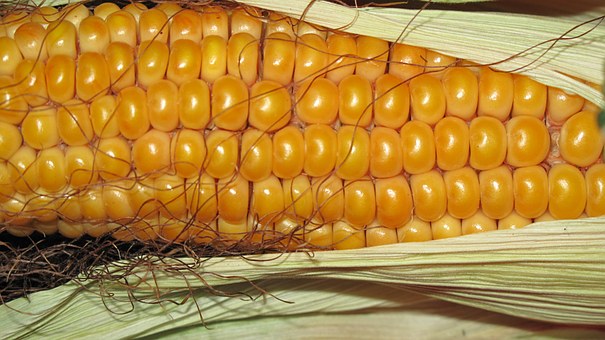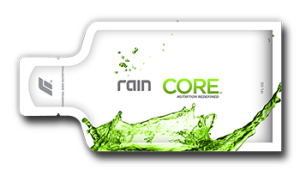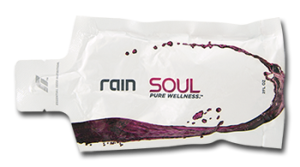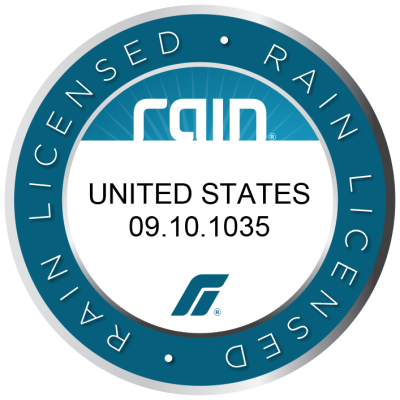What Is Proper Nutrition?
Proper Nutrition Explanation
Nutrition is defined as nourishment or energy that is obtained from consuming food or the process of consuming nourishment and energy in the proper amounts. This article is going to break down exactly what proper nutrition means.
The World Health Organization defines proper nutrition as an adequate, well-balanced diet combined with regular physical activity. The term “proper nutrition” is often misinterpreted by people and most people don’t fully understand how to implement into their daily lives.
Unfortunately, for many of us, proper nutrition is far from what we get from our daily diet. We are obsessed with junk food, processed food that comes from a box and many of us eat little or worse yet no whole real food that provides the body with the proper nutrition that it needs.
There are five key points to defining a proper, well-balanced diet for an adult
Fruits and Veggies
The main part of a healthy diet is the presence of fruits and vegetables. It is important to get at least 5 portions or 400g of fruits and vegetables a day. It is essential to get a variety of fruits and vegetables in your diet, get as many different colors as possible.
Potatoes and starchy roots are not classified as fruits or vegetables, they are in fact starches, like grains and should be limited.
 Grains and Legumes
Grains and Legumes
What are legumes? Legumes are a simple, dry fruit contained within a pod. Some examples are lentils, peas, peanuts, and beans. Whole grains include whole wheat, steel cut oats, millet, oats and brown rice. Limit processed white bread, rice, and such. They are not in the food pyramid!
Limit Sugars
We all know we should not be eating Twinkies and Ding Dongs. But how much sugar is “ok”? Less than 10% of your total daily calories from simple sugars, ideally this amount should be less than 5%. This is equivalent to about 12 level teaspoons for a 2000 calorie a day diet. Simple sugars include table sugar, the sugar found in fruit, added to processed foods and found in honey, syrups, fruit juices and fruit juice concentrates.
Controlling Fat Intake
Not all fats are bad! But that doesn’t mean you should make fat your entire diet. Everything in balance! Less than 30% of total calorie intake should be from fats. Most of your fats should be unsaturated fats, such as those found in fish, avocado, nuts, sunflower, olive and canola oils, which are preferable over saturated fats, such as those found in fatty meat, butter, cream, ghee, lard, cheese, and palm and coconut oil.
The American Heart Association advises 7% or less of total daily calories come from saturated fats. Hence which are found in meat, chicken, butter and tropical oils.
Trans fats found in processed foods, fried foods, snack foods, fast foods, frozen pizza, pies, cookies, margarine, and spreads are not part of a healthy diet and should be limited to 1% or less of daily caloric intake.
Limit Sodium
You should be consuming less than 1 teaspoon, or 5g, of salt per day. Iodized, Himalayan, or Sea Salt is the healthier option. Because there is no nutritional value to the common table salt.
What are some tips for a proper diet?
Do not completely eliminate any type of food from your diet. Instead, incorporate all foods into your diet according to their ratio that is set by the food pyramid.
Limit you saturated fats, starch, and sugars, but generously include lean proteins, complex carbohydrates, and good fats into your diet.
Consume as much of your food as you can to their raw or original form
Minimize your intake of processed foods and junk foods. These typically offer no nutritional value and are much higher in calories than the natural choices.
Also, Replace your juice with raw fruit and avoid sodas.
Furthermore, Vitamins, enzymes, and fiber are best consumed in the form of raw fruits and vegetables.
Consume six smaller portioned meals in a day. Breakfast, lunch, dinner, two daytime snacks, and one pre-bed snack will help you feel full and avoid binge eating.
Drink lots of water every day, the general recommendation is to consume at least eight to ten glasses a day.
Simplifying
It is really simple to get proper nutrition, EAT A WIDE VARIETY OF REAL WHOLE FOOD. Fresh meats, vegetables, fruits and low fat dairy will allow you to get all the various nutrients these foods provide. So, toss the boxes, and fill your plate with nature’s goodness and you will see and feel a marked difference in your energy levels, health and weight.
Final Thoughts
You should now have a good grasp on what proper nutrition is and how to best incorporate it into your life.
By following the tips above, your body will be healthier which will lead to you having more energy. Even with best intentions, it can be tough to get the proper nutrition. To help “supplement” your healthy diet we recommend a premium whole foods supplements. Learn more by clicking here.
If you enjoyed this blog on the What Is Proper Nutrition click here for more!







